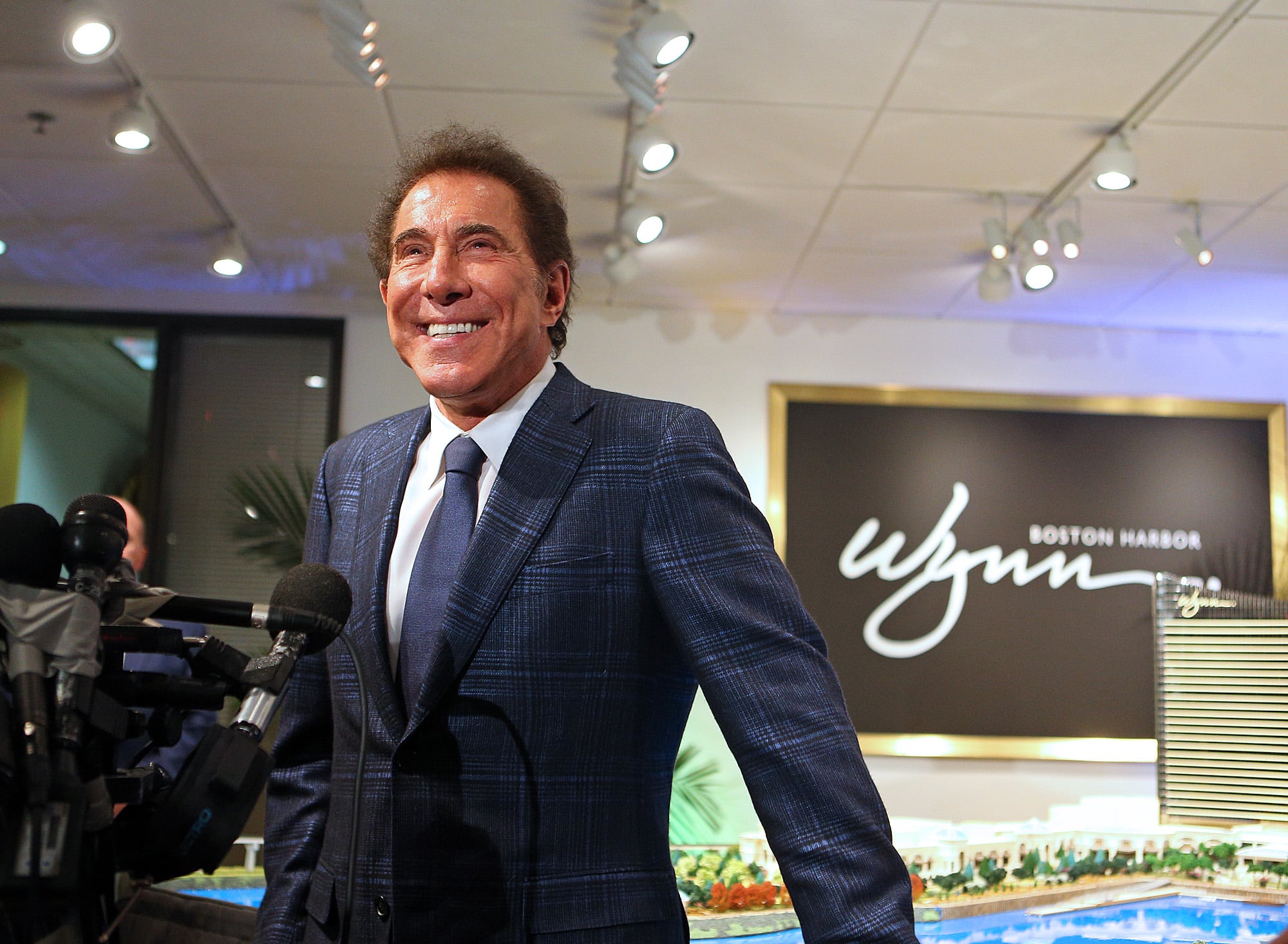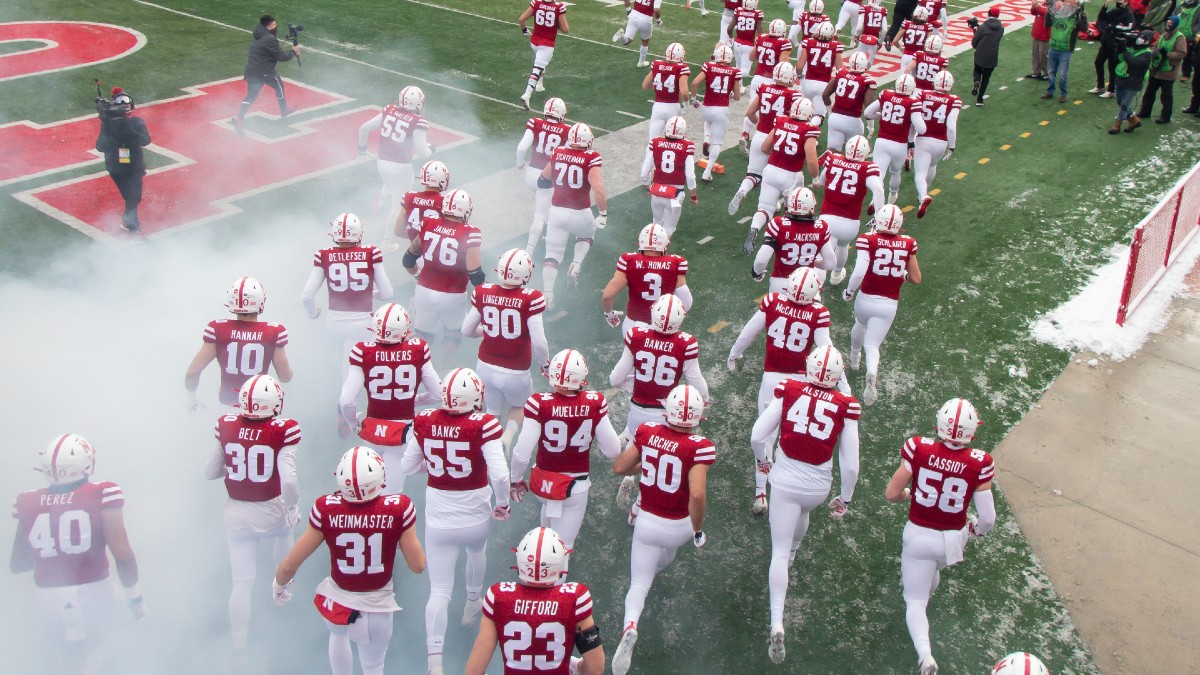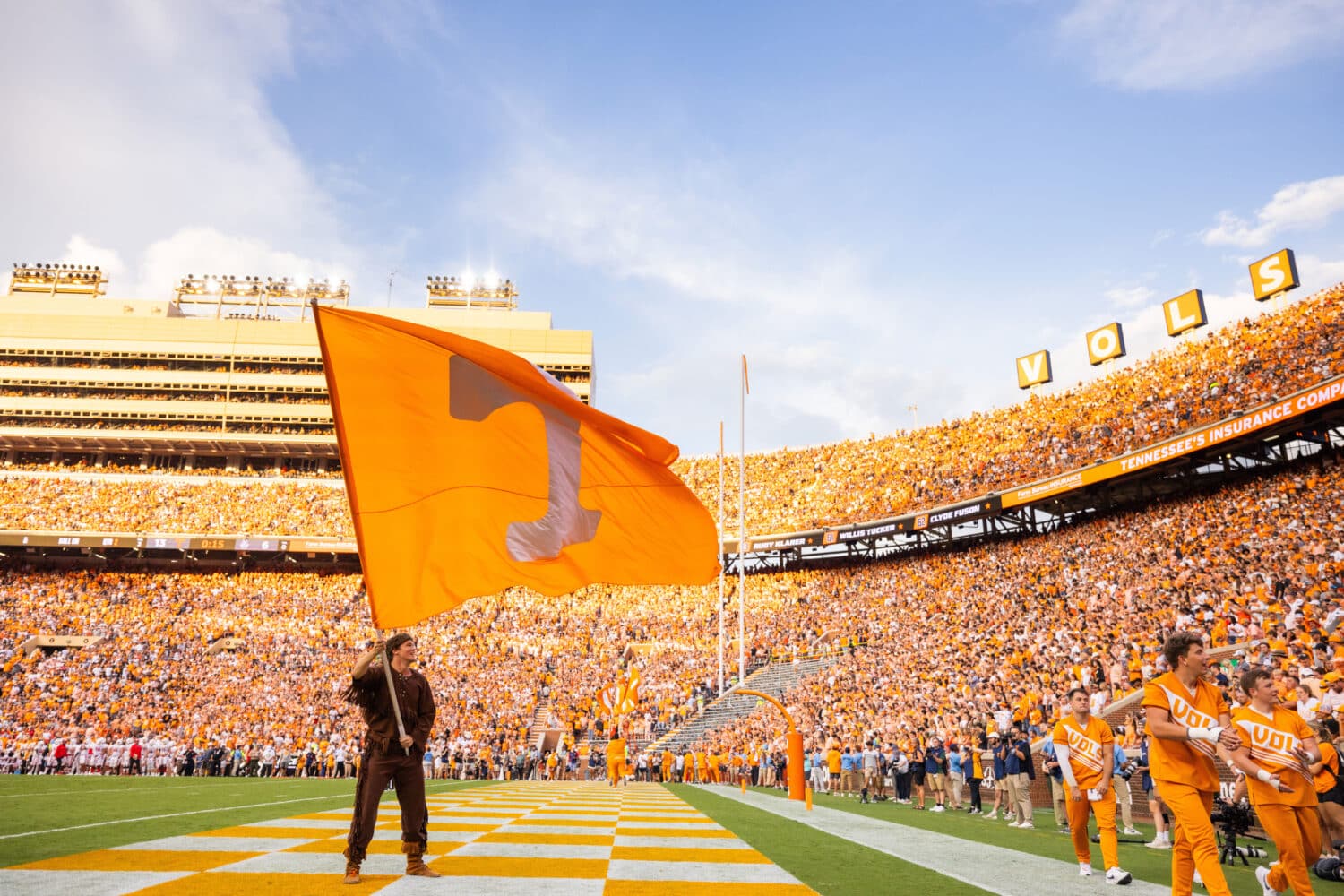
Brazil: Senators debate legalizing casino and bingo

The Senate Plenary in Brazil recently held a session to discuss and debate the legalization of casino and bingo, according to a Agência Senado local report.
The expanded gambling proposal was presented in 1991 in the Chamber of Deputies and has been pending in the Senate since March 2022.
According to the terms of the bill, it allows for “the creation of two taxes based on the authorization of the operation of casinos, bingos, jogo do bicho and betting on horse races in Brazil.”
Several entities would share in the collection, including the states, the Federal District, municipalities, the Brazilian Agency for the International Promotion of Tourism (Embratur) and sports and culture funds, according to the local report.
Senators weighed the pros and cons of what expanded gambling could mean for the country. Those in favor said it could boost employment opportunities and income for residents, while those opposed raised concerns that increased gambling access could lead to a rise in gambling addiction, money laundering and organized crime.
Senate President Rodrigo Pacheco noted that both the risks and the potential advantages of bringing additional gambling to the region should be considered.
He commented, “We must carefully evaluate possible benefits, such as job creation and revenue for the Brazilian state, but also the risks and challenges, including preventing money laundering and combating organized crime, in addition to the social and public health problem related to ludopathy.”
During the past several months, the country has taken steps to regulate legal gambling already in place.
The Prizes and Betting Secretariat of the Ministry of Finance in Brazil recently published ordinance 1.207, a document establishing the rules and regulations for fixed-odds betting operators.
Ordinance 1,207 focuses on the technical requirements fixed-odds betting must meet for their online gaming and live gaming studios.
Tags/Keywords
Players trust our reporting due to our commitment to unbiased and professional evaluations of the iGaming sector. We track hundreds of platforms and industry updates daily to ensure our news feed and leaderboards reflect the most recent market shifts. With nearly two decades of experience within iGaming, our team provides a wealth of expert knowledge. This long-standing expertise enables us to deliver thorough, reliable news and guidance to our readers.







